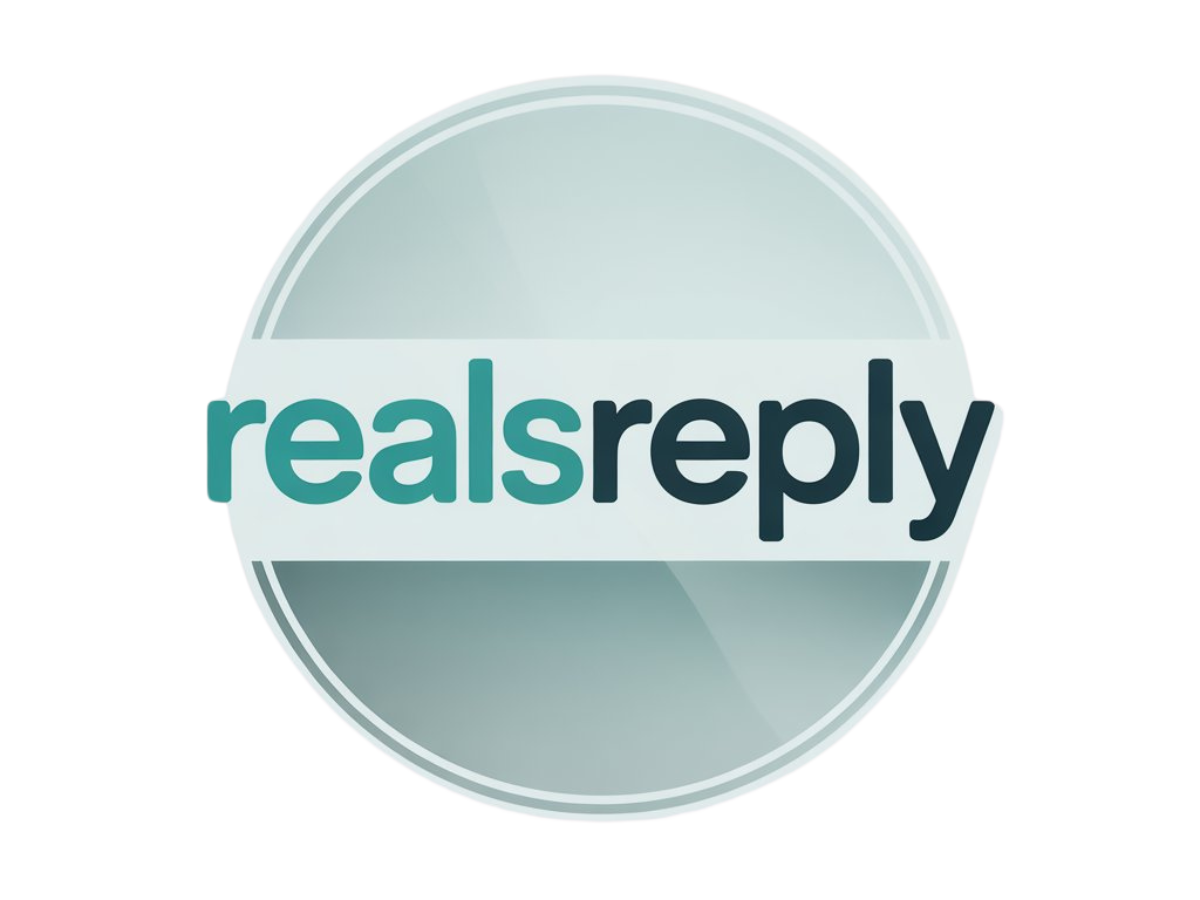When you hear what did Jackie Chan say to his son?, it sparks curiosity about a Hollywood legend’s private life.
Jackie Chan, the action star known for breathtaking stunts, has a complicated relationship with his son, Jaycee Chan.
Their story isn’t just about fame—it’s about family, mistakes, and tough love. In 2014, Jaycee’s arrest for drug possession shocked fans and led to public statements from Jackie that revealed his parenting philosophy.
This article dives into the words Jackie shared, the context behind them, and what they mean for families navigating challenges.
Whether you’re a fan or a parent seeking insight, let’s explore this emotional journey together.
Jackie’s Tough Love Approach

Jackie Chan’s parenting style is rooted in discipline, shaped by his own tough upbringing. In his 2015 memoir, Never Grow Up, he admitted to being a strict father. When Jaycee was arrested, Jackie publicly said, “You’ve done something wrong, and you have to be responsible for the consequences.” This wasn’t just a scolding—it was a call for accountability.
Real-Life Scenario: Imagine a parent whose child makes a mistake, like getting caught with friends in trouble. Instead of bailing them out, the parent encourages them to face the outcome, teaching resilience.
What to Say: “I love you, but you need to learn from this mistake.”
What Not to Say: “I’m ashamed of you and won’t help you.” Jackie’s words balanced firmness with care, avoiding shame.
The Infamous Drug Arrest Statement

In 2014, Jaycee’s arrest for marijuana possession made headlines. Jackie, an anti-drug ambassador in China, was devastated. He posted on Weibo, “I’m extremely furious and shocked. I failed to teach my son well.” His words showed anger but also self-reflection, highlighting his role as a father.
Use Case: A parent might face a similar situation where their child’s actions reflect poorly on them. Jackie’s response teaches us to own our part without excusing the behavior.
What to Say: “I’m disappointed, but let’s work together to make this right.”
What Not to Say: “You’ve ruined our family’s name!” Jackie’s statement avoided personal attacks, focusing on growth.
Jackie’s Charity Decision
Jackie made waves in 2011 when he said, “If he is capable, he can make his own money. If he is not, then he will just be wasting mine.” He plans to donate his $400 million fortune to charity, not Jaycee. This reflects his belief in self-reliance.
Real-Life Scenario: A wealthy parent might choose to teach their child independence by not handing over wealth. Jackie’s choice shows trust in Jaycee’s potential.
What to Say: “I believe in your ability to succeed on your own.”
What Not to Say: “You don’t deserve my money.” Jackie’s words encourage effort without demeaning his son.
Lessons from The Karate Kid
While filming The Karate Kid (2010), Jackie saw Will Smith support his son, Jaden, on set. This inspired him to say, “Why am I so stubborn? I have to help my son.” It marked a shift toward being more supportive.
Use Case: A busy parent might realize they’ve been distant and decide to show up more, like attending their child’s events.
What to Say: “I’m here for you, and I’ll support your dreams.”
What Not to Say: “Figure it out yourself.” Jackie’s change shows growth in parenting.
Jackie’s Regret Over Past Actions
In Never Grow Up, Jackie admitted to a dark moment: throwing two-year-old Jaycee across a room. He wrote, “I immediately regretted it and promised never to hit him again.” This shows his willingness to learn from mistakes.
Real-Life Scenario: A parent who loses their temper might reflect and commit to better ways of handling frustration, like talking calmly.
What to Say: “I’m sorry I lost my temper. Let’s talk about what happened.”
What Not to Say: “You made me do this!” Jackie’s apology sets a strong example.
Rebuilding Their Bond
After Jaycee’s 2015 release from prison, Jackie gave him a haircut, symbolizing a fresh start. He said, “I hadn’t seen him for too long. I feel he’s matured this time.” Their relationship improved, showing forgiveness is possible.
Use Case: A family rebuilding after conflict might share small gestures, like a meal together, to reconnect.
What to Say: “I’m proud of how you’re growing. Let’s keep talking.”
What Not to Say: “Don’t mess up again.” Jackie’s actions focused on healing.
Conclusion
The question what did Jackie Chan say to his son? reveals a story of tough love, regret, and redemption.
Jackie’s words, from urging accountability to expressing hope for Jaycee’s growth, show a father navigating fame and family.
His journey reminds us that parenting is messy but forgiving and learning can mend bonds.
By reflecting on his mistakes and supporting Jaycee’s fresh start, Jackie offers lessons for all families.




